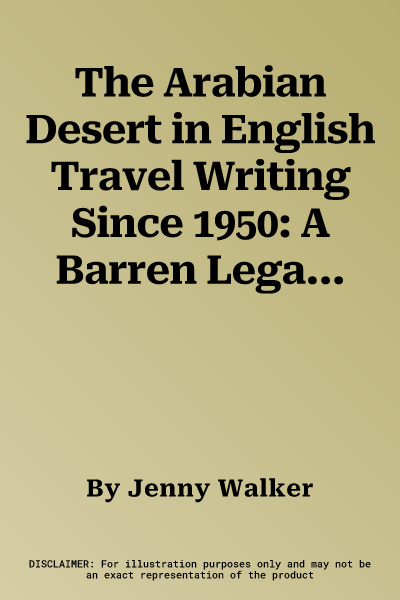Broadly this book is about the Arabian desert as the locus of
exploration by a long tradition of British travellers that includes T.
E. Lawrence and Wilfred Thesiger; more specifically, it is about those
who, since 1950, have followed in their literary footsteps. In analysing
modern works covering a land greater than the sum of its geographical
parts, the discussion identifies outmoded tropes that continue to
impinge upon the perception of the Middle East today while recognising
that the laboured binaries of "East and West", "desert and sown", "noble
and savage" have outrun their course. Where, however, only a barren
legacy of latent Orientalism may have been expected, the author finds
instead a rich seam of writing that exhibits diversity of purpose and
insight contributing to contemporary discussions on travel and tourism,
intercultural representation, and environmental awareness. By addressing
a lack of scholarly attention towards recent additions to the genre,
this study illustrates for the benefit of students of travel literature,
or indeed anyone interested in "Arabia", how desert writing, under the
emerging configurations of globalisation, postcolonialism, and
ecocriticism, acts as a microcosm of the kinds of ethical and emotional
dilemmas confronting today's travel writers in the world's most extreme
regions.

